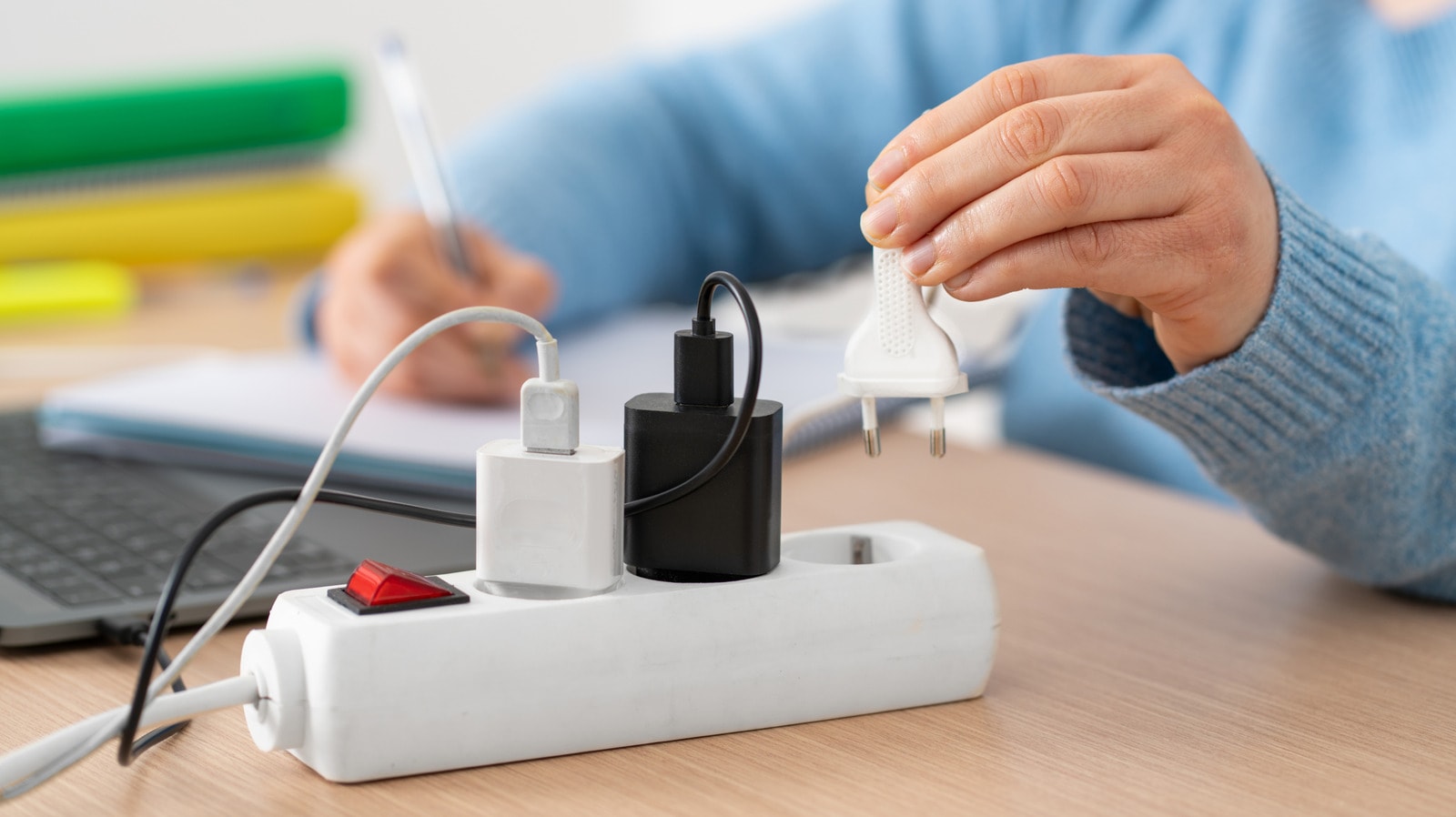Is it safe to leave your laptop plugged in all the time?
Many people have the habit of leaving their laptops plugged in to charge continuously, even when the battery is full, but is this safe and does it affect battery life? Below is an analysis from experts to help you use your device more effectively.
In the increasingly popular era of remote work, many people have turned their home office into a “mini office” where their laptop is almost always on all day long.
Some people even leave their laptops plugged in to avoid interruptions in their work. But the question is, is this really good for the device?
Is it harmful to charge your laptop all the time?
The short answer is no. Leaving your laptop plugged in during normal use is not a significant risk, thanks to improvements in modern battery technology. However, users should still be aware of some warning signs that indicate a problem with the battery or cooling system.

If you notice that your device is overheating, the fan is unusually loud, or the battery life is rapidly decreasing, it could be a sign that the battery is overcharged or degrading. In these cases, unplug the charger when not in use, especially during thunderstorms, to avoid overvoltage.
Modern laptop batteries are "smarter"
The good news is that today’s laptops are designed to handle long-term charging much better than they used to be. Most modern lithium-ion and lithium-polymer batteries have trickle charging, meaning that when the battery reaches 100%, the system automatically stops charging and only recharges when the capacity drops slightly, helping to avoid overcharging.
In addition, the power adapter, also known as the “black box” on the charging cable, is responsible for regulating the current, ensuring that the laptop receives the correct amount of power needed. This makes it safer to keep it plugged in all the time, especially with new devices.
Depends on how you use your laptop
Not everyone uses their laptop the same way, and that has a big impact on whether or not they should be plugged in regularly.
If you only do light office work like editing, browsing the web, or participating in online meetings, the power consumption is very low. Leaving the device plugged in to charge regularly in this case is almost harmless.
However, if you often play games, edit videos or run heavy software, the device will consume a lot of power and generate a lot of heat. When that happens, the battery will overheat, which can reduce its lifespan or cause damage. The best way is to unplug the charger when the device starts to get hot and make sure not to let the device operate in an environment that is too hot or too cold.
Some tips to help extend laptop battery life
- Unplug when not in use: If you leave your desk for several hours or overnight, turn off your computer and disconnect it from the power source.
- Enable Battery Saver mode on Windows 11 to reduce power consumption when doing light work.
- Replace the battery when performance is significantly reduced: If you have to always plug it in to use, it is a sign that the battery is worn out and should be replaced.
- Use genuine chargers and components: Poor quality or damaged devices can cause overheating or even fire or explosion.
- Protect your device from abnormal voltage: Use a surge protector to protect your laptop from voltage fluctuations, especially during stormy seasons. When there is thunder and lightning, unplug the charger completely to ensure safety.
In short, constantly charging your laptop is no longer as serious a problem as before, thanks to smart battery technology and advanced current control mechanisms. However, users still need to balance convenience and device protection, by unplugging the charger when not in use, keeping the device at a stable temperature, and using quality components./.


